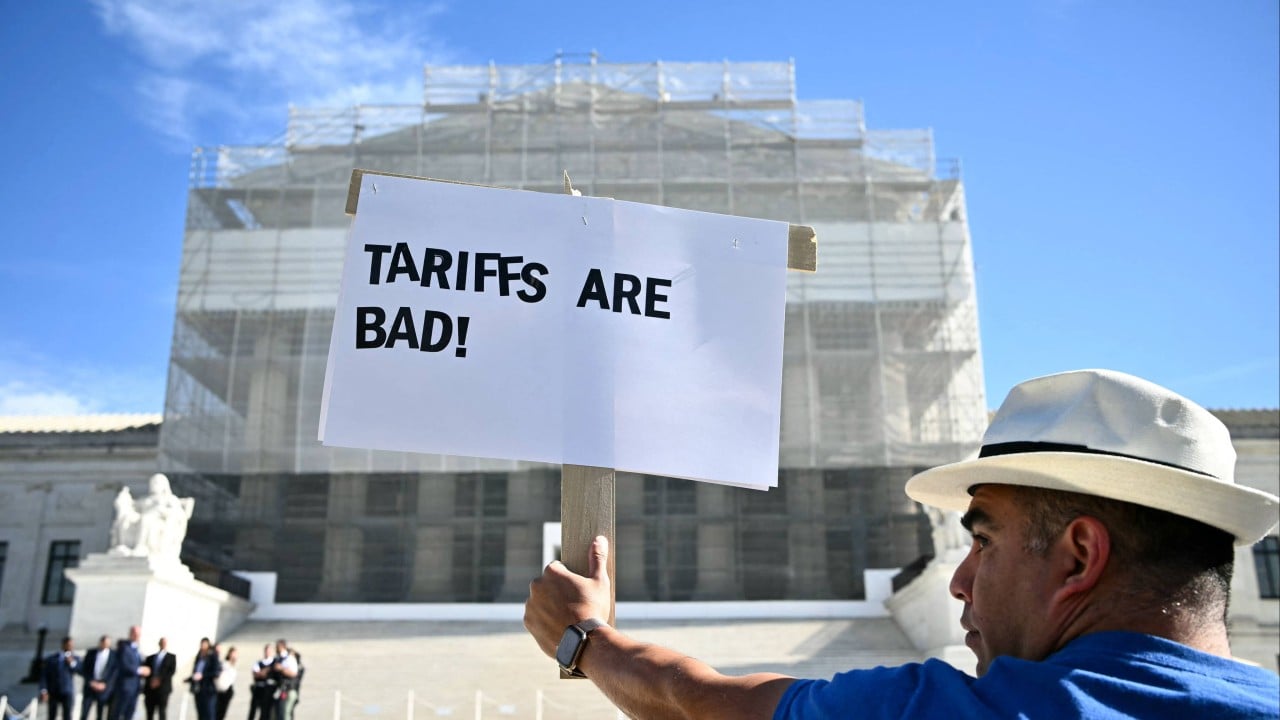This week marks the first anniversary of Donald Trump’s victory in the US presidential election. Trump’s return to the White House was a stunning political comeback that cleared the way for him to carry out his “America first” agenda of higher trade tariffs, more confrontational relationships with traditional US allies and a clampdown on immigration.
Advertisement
At the time, many investors were worried about the consequences of Trump’s nationalist policies. A week after the election, Bank of America published the results of its monthly global fund manager survey that showed a dramatic increase in respondents’ expectations for global inflation in the next year. The findings also showed that the most bearish scenario for 2025 was a disorderly rise in government bond yields because of fears about America’s huge public debt burden.
However, nearly 10 months after Trump began his second presidential term, fears of a tariff-induced surge in inflation and a sharp economic downturn have not materialised. In fact, the results of last month’s Bank of America survey showed that only 5 per cent of respondents said they thought the risk of trade frictions causing a global recession was the biggest threat facing markets, down from nearly 40 per cent as recently as July.
Much is being made of the fierce rally in stock markets. Since Trump won the election on November 5 last year, the benchmark S&P 500 Index has risen 17.5 per cent, while a gauge of global equities excluding the US is up 18.6 per cent. Moreover, the VIX Index, which puts a price on expectations for future stock market volatility, stands below its long-term average of 20.
More surprisingly, the yield on benchmark 10-year US Treasury bonds is below the level at which it stood when Trump won the election. Headline inflation in the US is at 3 per cent, only slightly higher than when Trump was re-elected.
Advertisement
One of the factors keeping bond yields at relatively low levels is money from abroad pouring into the US. Revenues from higher tariffs are running at more than US$30 billion a month, up from less than US$10 billion at the start of this year. Moreover, Trump’s aggressive protectionism, coupled with his disdain for European countries “freeloading” under the US defence umbrella, has given fresh impetus to much-needed policy reforms across the world.


